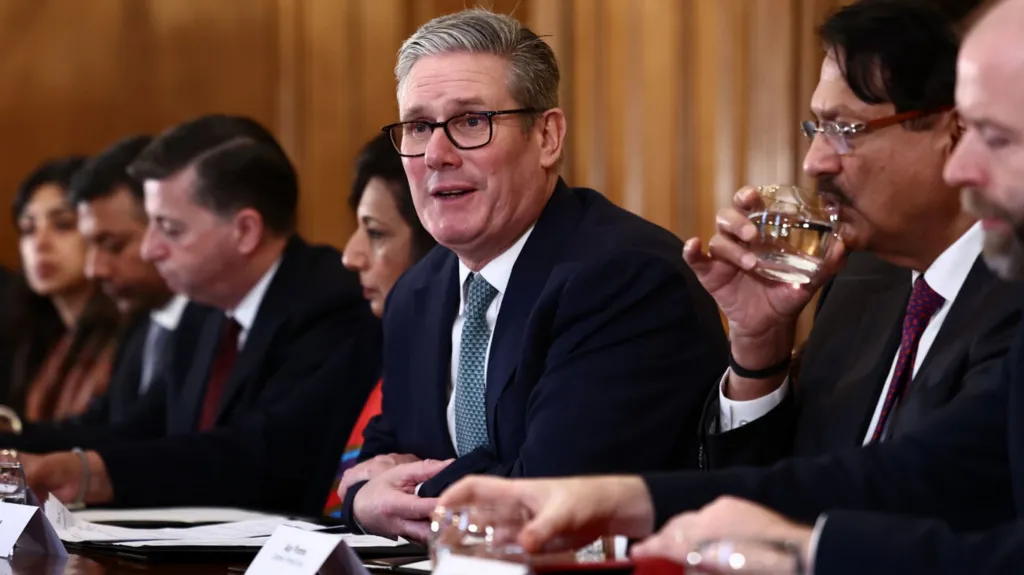Opposition parties have criticised the new UK-India trade deal, saying it could undercut British workers.
One aspect of the free trade agreement, which Labour says will be worth £5bn a year to the UK, is extending an exemption on national insurance contributions (Nics) from one to three years.
Known as the double contribution convention, this means people on short-term visas will not make social security payments in both the country they work in, and their home country, when working abroad.
Conservatives, Liberal Democrats and Reform have claimed this could mean Indian workers become cheaper to hire than British workers – particularly when UK employer Nics have just been increased.
The Indian government said the exemption was a "huge win" and an "unprecedented achievement" that "will make Indian service providers significantly more competitive in the UK".
The UK has 16 agreements preventing double taxation of work, which cover more than 50 countries – including the US, EU and South Korea – and workers will still be required to pay the NHS immigration surcharge.
Defending the deal, Business Secretary Jonathan Reynolds said the arrangement was limited and only applied to inter-company transfers of professionals between the UK and India.
"This is something we have with a great deal of countries already," he said.
"It's very specific as to who this applies to, and obviously if people were in the UK they would still be paying income tax, they would still be paying, for instance, the health surcharge and they wouldn't be eligible for benefits from the National Insurance system."
Reynolds added that he believed the cost of the double contribution convention, as part of the trade deal, would be a "net positive" to the UK Treasury.
The exemption will also apply to British staff, who are increasingly working away from home in India for large corporations.
However, Conservative leader Kemi Badenoch claimed she had refused a similar trade-off when she was business secretary, because the deal contains "two-tier taxes" which will cost the UK "hundreds of millions".
"I had this deal on the table as trade secretary and I refused to sign it because that double taxation agreement was unfair," she said.
"It basically encourages workers from India but does not provide the same benefit to UK citizens."
Pushed on the fact the UK has similar arrangements with other countries, Badenoch stressed that in those cases there were equivalent numbers of UK nationals working in those countries, whereas that was not the case with India, making the agreement "very lopsided" which would result in being a "net cost to the Treasury."
